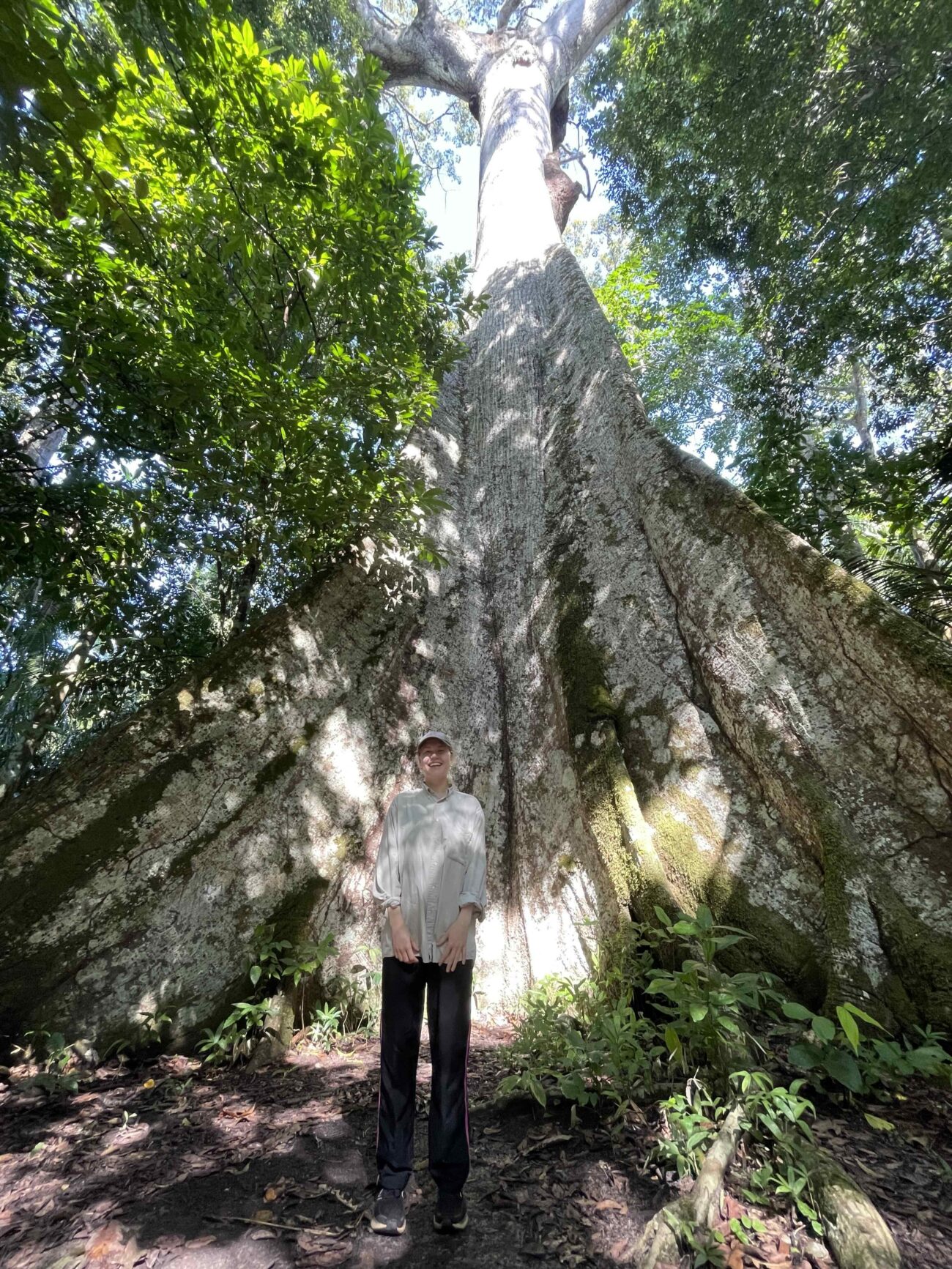
""We're finding that burning has major ecological impacts over large timescales and that regeneration is much more at risk-it's slower or not happening at all.""
""Unlike fire-adapted ecosystems such as savannas or pine forests, Amazon rainforests evolved in humid conditions where natural fires were rare.""
""Burned forests in the study area were more thermally unstable. Compared to selectively logged or intact forests, they experienced greater daily temperature fluctuations and were more likely to cross physiological thresholds that impair tree function.""
""During peak dry season heat, nearly 87% of leaves exposed to sunlight in burned forests lose more energy from respiration than they gain from photosynthesis, compared to 72-74% in selectively logged or intact stands.""
Forests in the Brazilian Amazon damaged by fire remain about 2.6 °C (4.7 °F) hotter than adjacent intact or selectively logged forests, with this increased heat persisting for at least 30 years. This phenomenon negatively affects the recovery rates of tropical forests and may diminish their capacity to endure climate stress and sequester carbon. Unlike other ecosystems, Amazon rainforests developed without fire; thus, many tree species lack traits to adapt to fire damage. Additionally, burned forests display greater thermal instability and increased vulnerability to physiological damage during extreme heat.
Read at State of the Planet
Unable to calculate read time
Collection
[
|
...
]